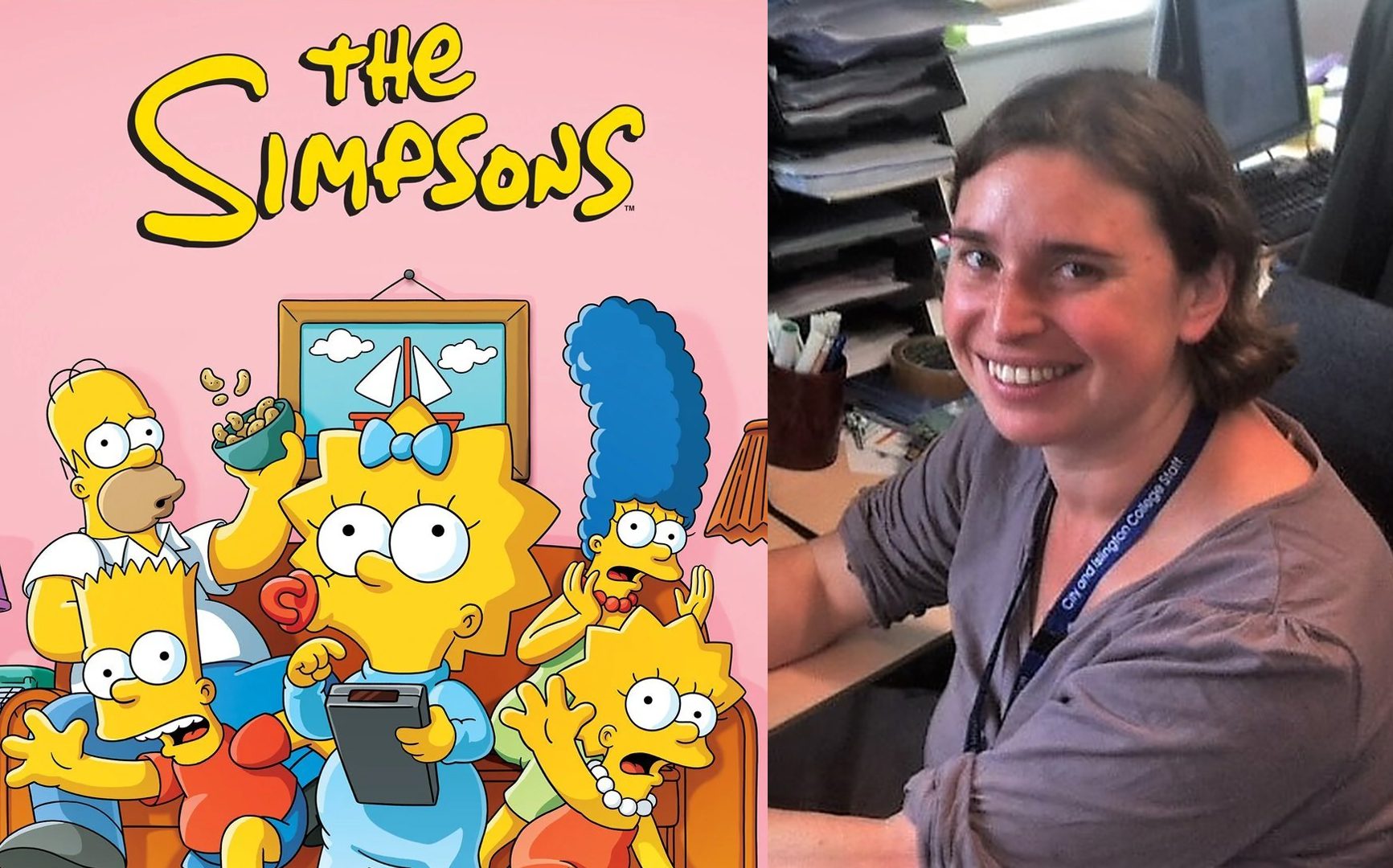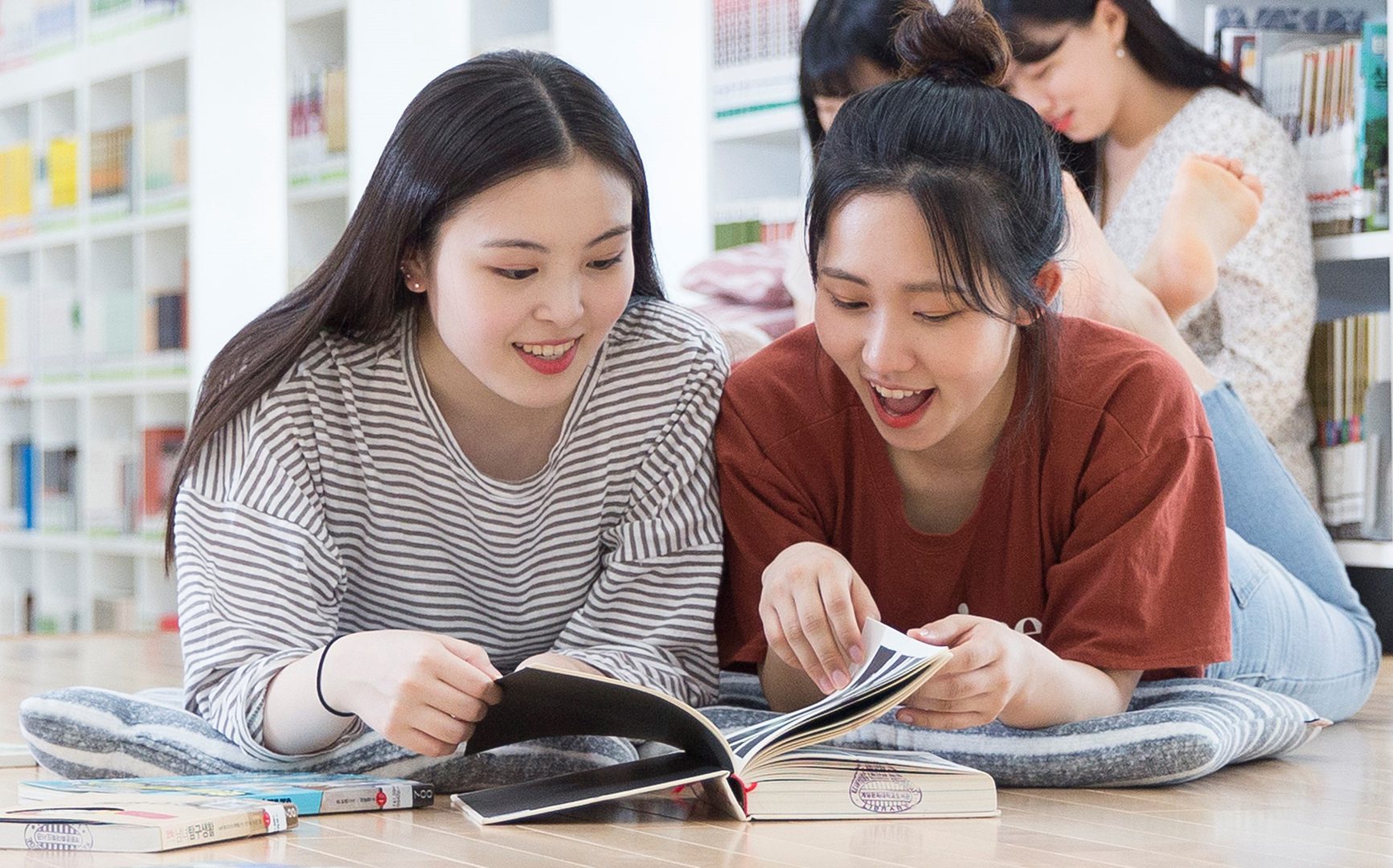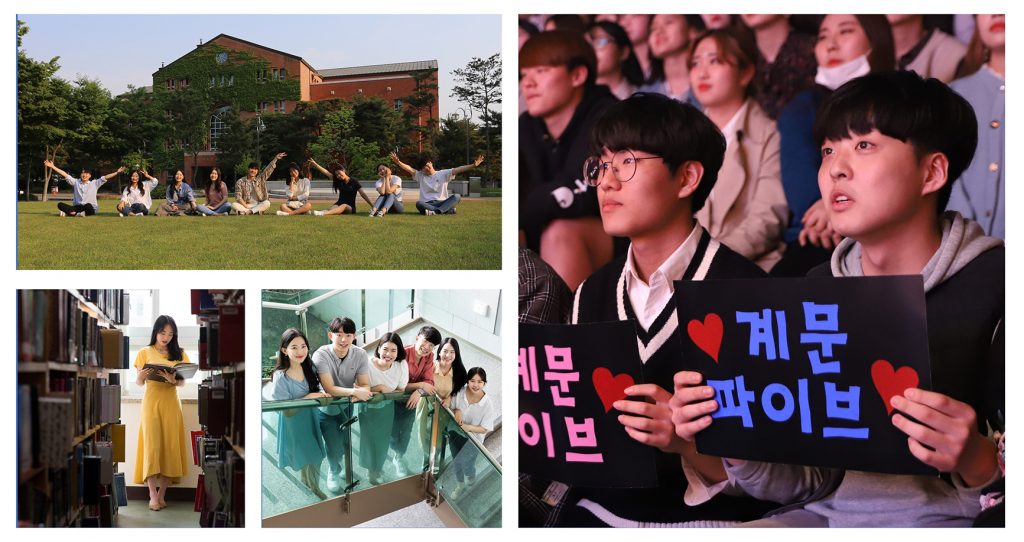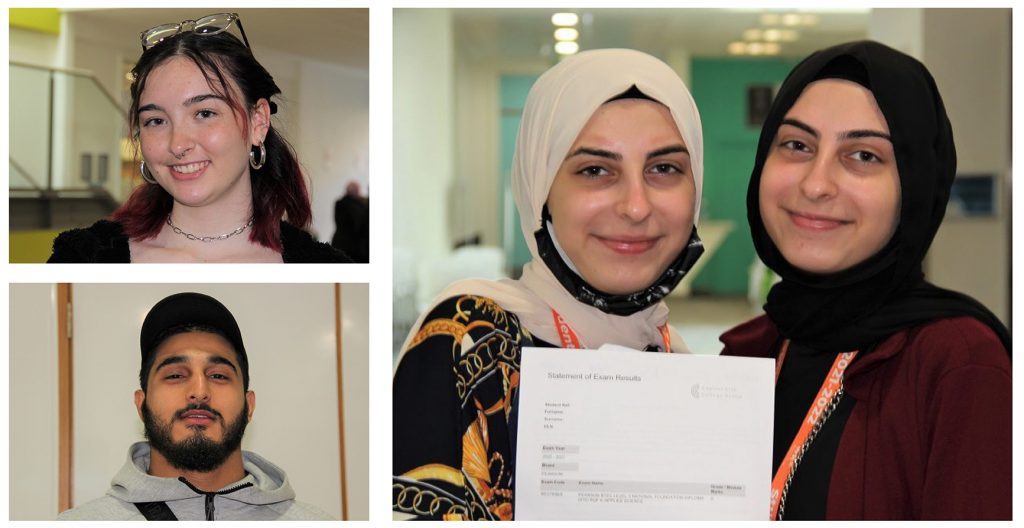As part of its new Teaching, Learning, Assessment and Development policy, Capital City College Group has launched a new initiative called One Thing to encourage teachers to take greater ownership of their career development by coming up with ‘one thing’ they want to develop or improve this academic year. In this blog, City and Islington College A Level History and Politics teacher Debbie Bogard explains how Matt Groening’s cartoon creation The Simpsons has inspired her ‘one thing’ – to introduce more metacognitive approaches to her teaching and learning.
“There’s a great Simpsons episode where, following a computer error, a careers aptitude test suggests to Bart that he become a policeman. It also informs Lisa that she’s not going to achieve her dream of becoming a professional saxophonist. In the role reversal that inevitably follows, Bart becomes a school prefect and Lisa a disruptor: smoking in the ‘bad girl’ toilets, being rude to those in authority and, in the ultimate act of rebellion, hiding all the teacher editions of the textbook. Cue a comical sequence in which every teacher in school is exposed for their lack of knowledge and utter dependence on the answers provided by their textbook. As with all Simpsons episodes, it’s charming and funny and has a poignant ending (no spoilers!) but, as ever, there are lessons to be learnt.
“Prevalent in education is the notion of teacher as ‘content provider’ and font of all knowledge, with student as vessel and passive recipient. The perennial challenge of ‘getting through the content,’ along with the assumption that exams will return next summer, means we run the constant risk of perpetuating this cycle. That’s not to mention the added pressure surrounding fears of a significant ‘knowledge deficit’ following the last eighteen months of disrupted schooling. In his seminal work Pedagogy of the Oppressed, educator and philosopher Paulo Freire discusses the construction of an educational programme whereby ‘authentic education is not carried on by “A” for “B” or by “A” about “B,” but rather by “A” with “B” mediated by the world – a world which impresses and challenges both parties, giving rise to views or opinions about it.’ I think it’s crucial that this idea of learning as both a collaborative endeavour and as something dynamic and evolving, is introduced early on in the academic year.
“When I think back to the early years of my teaching career, I remember just how crucial those first few days and weeks were in terms of establishing rules and routines, managing behaviour and creating a positive learning environment. Unfortunately, it didn’t quite work out that way. I have particularly bad memories of one year 8 class where, straight out of teaching training and full of idealism about student ownership of learning and the democratic classroom, I naively (read: idiotically) encouraged the students to come up with their own set of rules for the class. Chaos ensued, and I spent the rest of the term desperately trying (and failing) to regain the upper hand.
“Luckily, those days are over, and I find myself in the fortunate situation of starting the school year without having to worry about classroom behaviour, whether or not to smile before Christmas and the myriad of other potential pitfalls and obstacles that can mark the trappings of teaching at secondary school. Instead, teaching in a lovely sixth form college, there’s a great opportunity to start an ongoing dialogue with students about the kind of education we believe in and want to nurture, develop and practice. We should build in regular opportunities in the curriculum for our students to reflect not only on what they’re learning, but why they’re learning it (ie: why is it meaningful and important? How does it fit into a bigger picture?) as well as how to learn effectively. This involvement can lead to greater motivation and engagement, as students can become more self-directed and in control of their learning.
“One way to do this is through the early and explicit teaching of metacognitive strategies, whereby students are guided in how to think intentionally and consciously about how they think and learn. Research from the Education Endowment Fund emphasises the importance of ‘metacognitive talk,’ recommending that students are explicitly taught and are familiar with the language and concepts around planning, monitoring and evaluating their learning. Through adopting a metacognitive approach to our planning, we can build in opportunities in our schemes of work for reflections on learning at specific points, for example, approaching a first essay, resubmitting a piece of work, planning for and carrying out a micro teach to the rest of the class and / or carrying out a piece of independent research.”
Similarly, the Schemes of Learning and, in particular, encouraging students to reflect on their understanding at the end of each week, creates the opportunity for us to provide a range of more reflective and searching questions that prompt students to think about and evaluate their learning: for example, what strategies did I use for learning this week? What challenges did I face and how did I overcome them? What changes could I make next week to help me learn more effectively? Through embedding metacognitive strategies, the classroom can become a space for developing higher level problem-solving and critical thinking skills, where students work collaboratively and take risks without fear of failure or anxiety around ‘getting it wrong,’ and where mistakes are understood as a valuable and instructive part of the learning process.
“Spoiler alert: at the end of the Simpsons episode, Bart ends up taking the blame for Lisa’s textbook misdemeanour, is punished accordingly, and everything goes back to the way it always has been in Springfield. Here’s hoping that the academic year ahead aligns more with Freire’s vision than Matt Groening’s. Rather than fall into the comfortable – and comforting – trap of setting ourselves up as the experts, and our students as mere receptacles, I’m determined to start this year with an emphasis on collaboration, and treat the process of learning as something exploratory, interactive and meaningful.”







